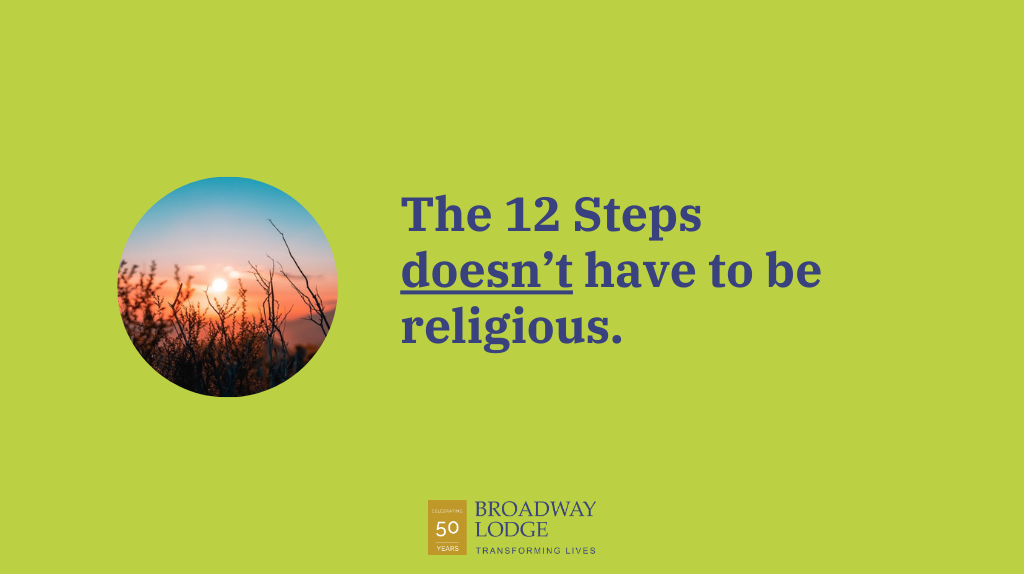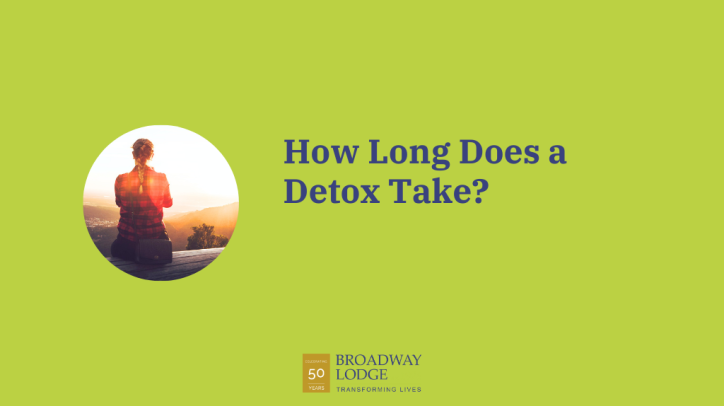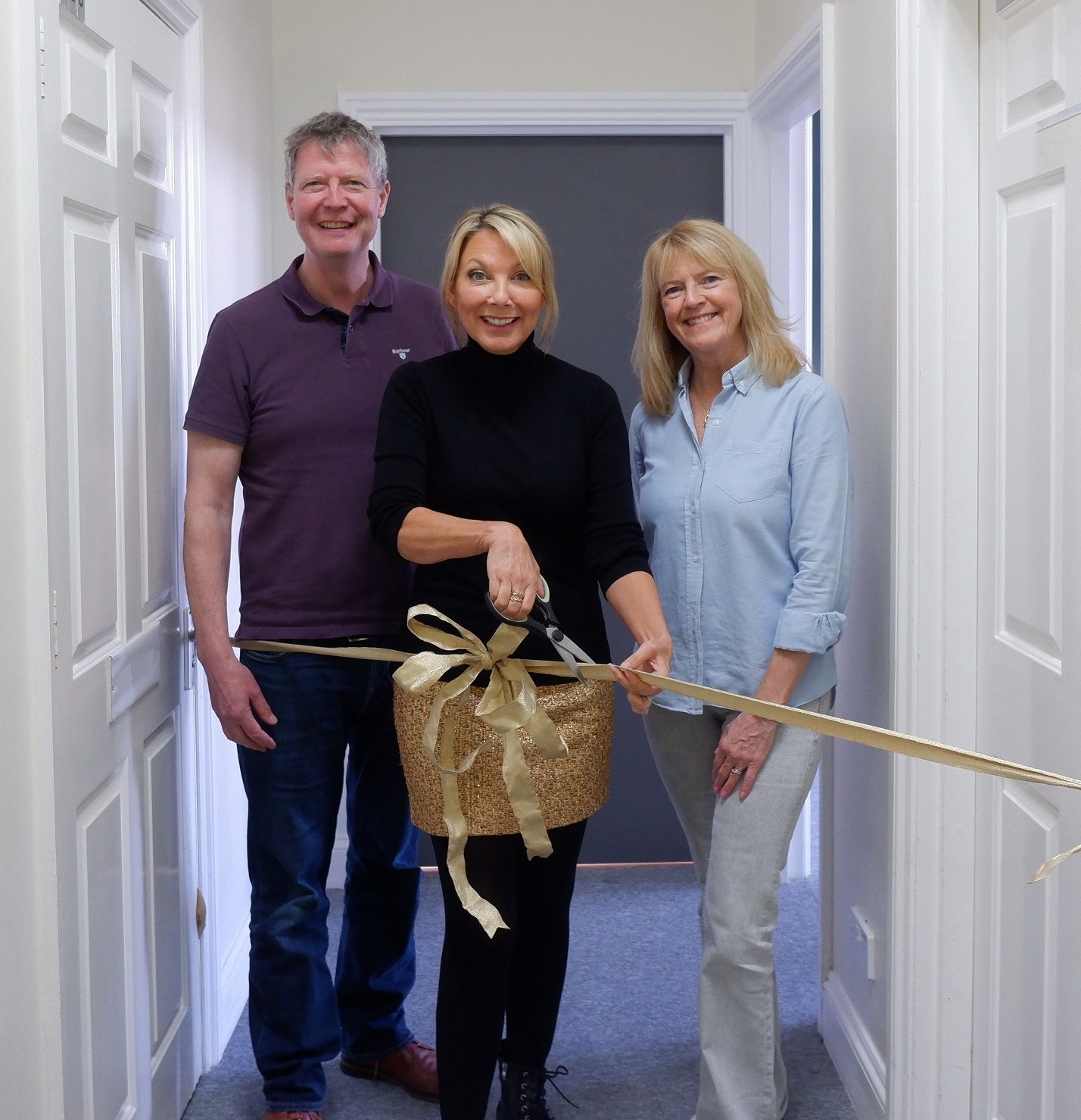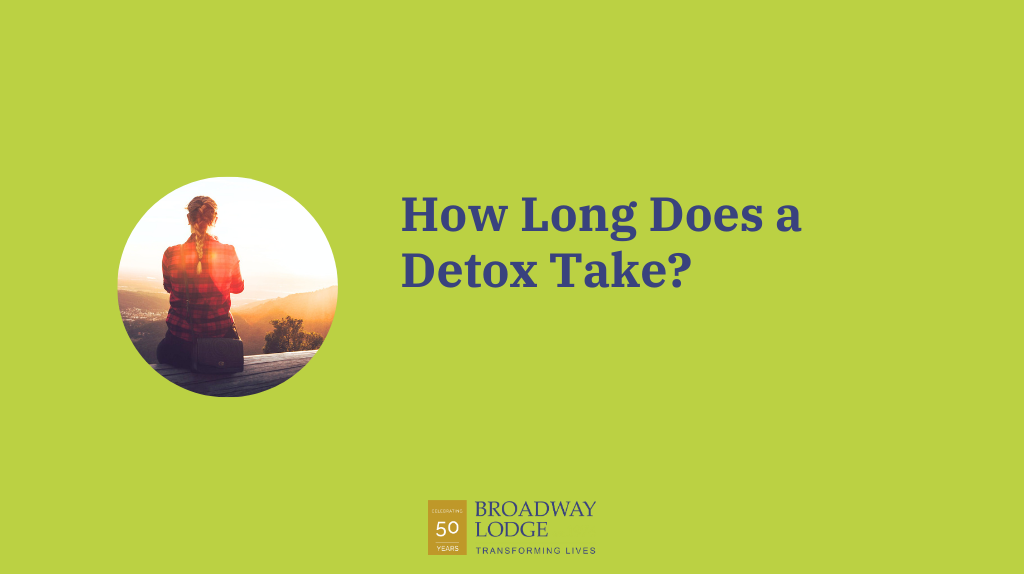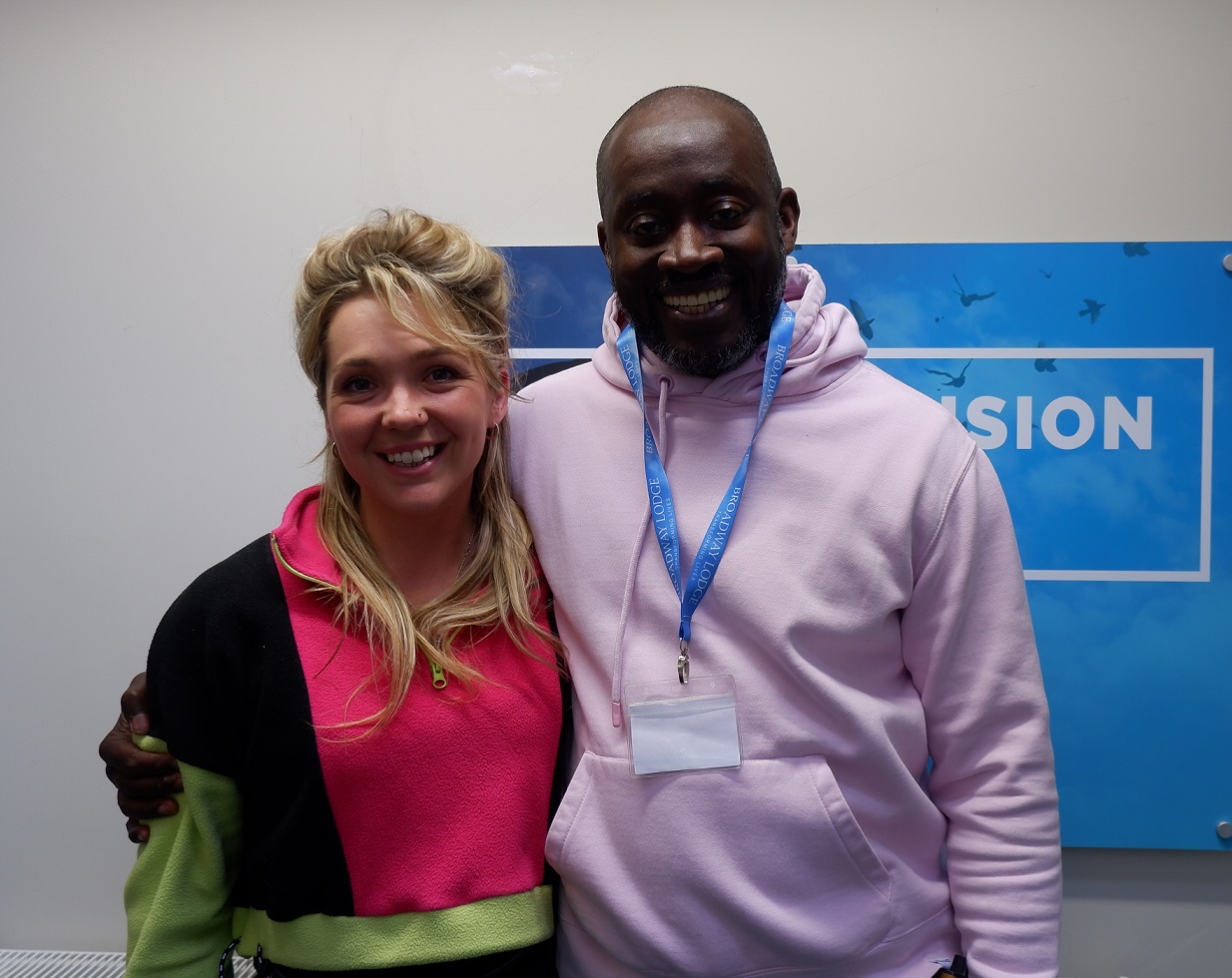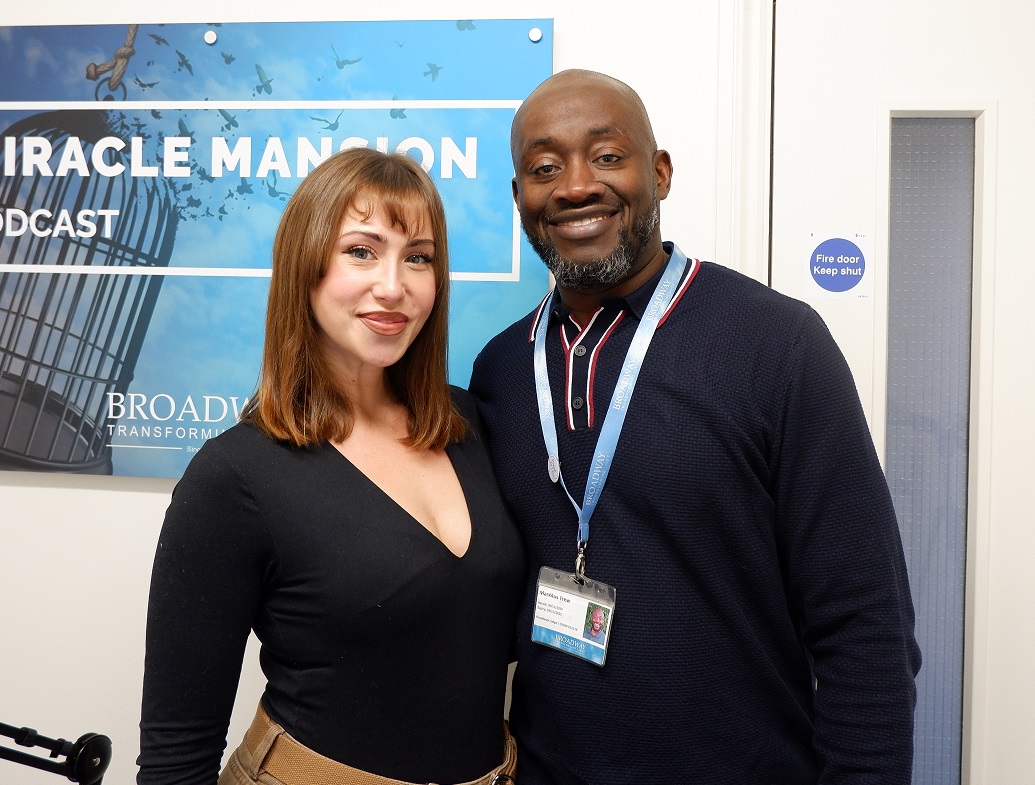Please don’t be put off the 12 steps programme by the word ‘God’. It’s spiritual, not religious.
Once we had a visitor to Broadway Lodge who was instantly horrified when they saw the word “God” in our serenity prayer on the wall. You could see that they just wanted to run. It’s a common reaction but we explained what it meant to them and despite the common myths and misconceptions, “God” in the The 12 Steps programme, doesn’t have to be religious. Indeed, for some “God” is religious, but for others it can be spiritual.
So, if you’re struggling with the word “God”, don’t stop, please read on…
More people recover through the 12 Step programme than any other addiction treatment method. It will be your best chance, so please don’t let one word stop you. If you are religious you have a great tool for recovery, however, the most important thing for all of us is to recognise that we are not God, we are not responsible for everything in the world and that there are powers much greater than us.
AA Agnostica (yes, an Atheist AA group!) once published a very interesting article, that helpfully explains how the 12 steps programme can be relevant and successful regardless of any religious belief or not. We’ve updated this article and provided it to you below – So please read on to understand more about “God” and The 12 Steps:
A Secular Approach to Recovery: The 12 Steps for Atheists
You’re a thoughtful and well considered atheist. And you’ve noticed recently that you might be dying from the crap you put in your body. A little. Maybe that’s just the hangover or the dope-sickness talking, but the dirt has been hitting the fan a lot lately and drinking and/or drugging is playing a leading role in all the drama. You’ve heard of 12-step recovery and you want to try it out. You know there are other programmes but this one is everywhere…
You’ve also heard this AA stuff has something to do with God. Having given the God hypothesis a fair shot over the years, you found it doesn’t fit your honest experience of the world. You’d kind of like to believe it, it would make some things much easier, but you know in your heart that the universe doesn’t hear or answer prayers.
Not the way most religious people you’ve ever met think of it anyway. You may have played around a bit with Buddhist ideas, but never very seriously. You were busy getting loaded and trying always to feel better than – well, than however you might have felt at the moment. Good bad or indifferent. It’s tough work and it’s been keeping you fairly preoccupied.
You figure you can fake your way through the God part and get to whatever’s actually useful, so you make a call and get a meeting time and place for the programme that seems to deal most directly with your favourite mind-altering hobby.
The second you walk in God is everywhere. God is on the walls. God is in the opening prayer. God is in the book. God is in the steps. They even close the thing with the Lord’s Prayer. What the hell?
It’s okay. You can do it without the God concept. Many have. Many are.
So how do you approach this 12-step thing as an atheist?
First of all, expect that you probably won’t be well understood by many of your fellow AAs, NAs, CAs, whatever. Not all of them will know you’re an atheist, of course, unless you insist on wearing your “God is dead” Nietzsche T-shirt to every meeting. But simply by being honest in your speech you’ll reveal yourself often enough. You’ll frequently be put in a box marked “UNWILLING TO BELIEVE,” and all the ingredients are listed on the outside:
Many of the most orthodox 12-stepper you meet – the ones who have memorised dozens of quotes and their associated page numbers in the literature – will feel no need to look inside the box. At you. It’s all on the label, after all. Often as not you’ll get a condescending “Keep coming back,” with an unspoken, “You’ll eventually get it if you don’t die first,” from these sorts.
In that ubiquitous blue book they use there’s a whole chapter dedicated to describing what lunkheads some alcoholics had been (and by extension, you are now) for resisting the quite logical idea that there’s a God running things. The man who wrote that chapter fancied himself something of an Aquinas at the time. Forgive that, he’s really not a bad guy. He was just doing the best he could, same as you.
Despite all this, you will – if you look around a bit and stay open – find someone unbigoted enough to accept your sincere atheism without judgment. And you will discover in that person a caring friend who will show you the ropes. There are people like that here.
Also, you will learn that being fully understood and accepted by everyone is not the be all and end all of life. That’s a lesson that could help immeasurably as you move on without the old numbing tools, the ones that helped take away the sting of unfair judgments. Life’s not fair. Life is all sorts of things that aren’t pleasant. That has not been the problem.
Why hang out with these starry-eyed believers?
You’re not expecting to have some kind of conversion experience and suddenly find that God has lifted away your obsession to get loaded (after all, AA’s very religious co-founder spent his first two and a half years sober craving a drink). And, of course, you’re not asking God to fix you either. Hell, even the people here who do believe in intercessory prayer and who’ve asked Him to take away their various human frailties fully accept that for reasons unexplained, He can’t quite pull it off. That particular aspect of the programme, the part about the so-called defects of character, requires a lifetime of constant work.
So what’s the point of being here?
They have something, these people. You can feel it, and you can see it in the smiles of the best of them. Some of their stories are a lot worse than yours, and they’re fat and happy now. They have a solution to this endless, insane habit of eating yourself alive for emotional sustenance until you’re gnawing away at your own heart.
They’re not getting loaded and they’re not white-knuckling it. They just don’t need it anymore. You’re pretty sure there’s no God up there, so what in the world is at work here?
They stopped playing God
You don’t run the world, so stop trying. You can’t alter the law of cause and effect, especially when the cause is a drink or a drug, and the effect is the need to drink and use even more. Wishing, hoping, pretending that you can change the things you can’t – this could be described poetically as “playing God.” The folks here have quit that position.
I’m referring only to the people that are actually practicing the principles represented in the steps. There are plenty of poor bastards here too who are just following their herd instinct and are staying dry because they couldn’t bear the disapproval of their new friends.
For the most part they’re a miserable lot. Some of these people will get loaded again and eventually die of their addictions because they can’t bear to come back through those doors minus the badge of however many years they had without a drink or a drug. That pride in their clean and sober time was in essence their new drug. They’re not your concern.
But the people who really have decided to stop playing God, they have something you need. They have a willingness to live life on life’s terms. And the most important of those terms is that if you’re an alcoholic or an addict, you can’t get loaded recreationally. For people like us the consequences of getting loaded are disastrous. Jails, institutions, death – they will tell you – and you can see it’s true from the arc of your own experience.
Most of these people gave up playing God because they came to believe there is a God – and so of course they accept that they can’t possibly be Him. Perfectly logical. You can do it for the simple reason that it just doesn’t work. That’s enough, isn’t it? Maybe it’s time to say enough of doing what doesn’t work. That you’re not God means quite simply that you don’t dictate the laws of reality. It doesn’t really matter who or what does. That’s what the 12-step programme has for you.
You can accept reality as your Higher Power
You’ll be told you can choose your own Higher Power. In the AA literature this is very clearly just a placeholder for God, a way to get started on the path to finding Him. But in the rooms things are generally much more lax. You can accept as your higher power the reality that you can’t get loaded safely, no matter how much you wish you could. The reality that your actions have consequences are never divorced from consequences.
The reality that whatever you feel or think this moment about getting loaded must come after the certainty of what always happens when that crap gets in your body. You may have seen the truth of this quite clearly at times in the past, but there was always something lacking in your relationship to that truth. That was the problem all along. Putting yourself above the truth. Playing God. You’ll be hearing a lot about humility in these rooms. This is what they’re talking about.
To accommodate using reality as your higher power, you will have to bend the steps some from their current and now canonical wording. You can’t pray to reality, but you can form and express your intention to live by its rules. And you can meditate in order to cultivate mindfulness of what’s real. This won’t necessarily please all those orthodox 12-steppers, but then it’s unrealistic to expect literalists to be open-minded. And getting real is the whole idea here.
How about the inventory stuff? Sounds like the confessional
Yeah, that’s what it started as in the Oxford Groups, from which early AA took its original steps. Confession and restitution, they called it. But the principles involved are practical and ethical, not religious. Before you can set off in the right direction, you need to know where you are just now.
Even a compass and a map won’t help you without the “YOU ARE HERE” part. And then practicing some form of ethical living is a better painkiller in the long run than what you’ve been using. It all goes to clearing up much of the crap you used to get loaded over. Consider this part of the programme a kind of navigational tool to steer you away from creating more wreckage in the world. Because the heartbreak of that wreckage is just impossible to bear sober.
For the atheist, those twelve steps on the wall and in the book represent four things in essence:
- A recognition that you haven’t been able get loaded in anything approaching moderation and without consistently creating havoc.
- A surrender to the fact that this is a kind of law of nature for you, and that fighting it has been insane.
- A willingness to let reality be the guide of your actions henceforth in this and in everything else.
- A commitment to try and stop hurting yourself or others, and to help where you can.
It does get better along this path. Your chances improve if you keep at it with some kind of daily practice that keeps you mindful of reality – especially the reality of your addiction – and of your place in it. Service from within a sober community helps immeasurably there. That’s my personal experience and that of many other atheist drunks and addicts who are walking up this road as best they can. You’ll find them in the 12-step rooms and other recovery networks and they can show you what words can’t teach.
*
It’s not uncommon for people to start treatment with little knowledge of the 12 steps, even apprehension about them. But during treatment they are guided by our professionals through every step and we ensure they have a solid understanding of it. The 12 steps and the spiritual principles behind each step, such as honesty, open mindedness and willingness, have helped millions of people worldwide to stay on track with their recovery for the long-term.
You can discover more about our treatment options here or alternatively contact our team today for further support.

